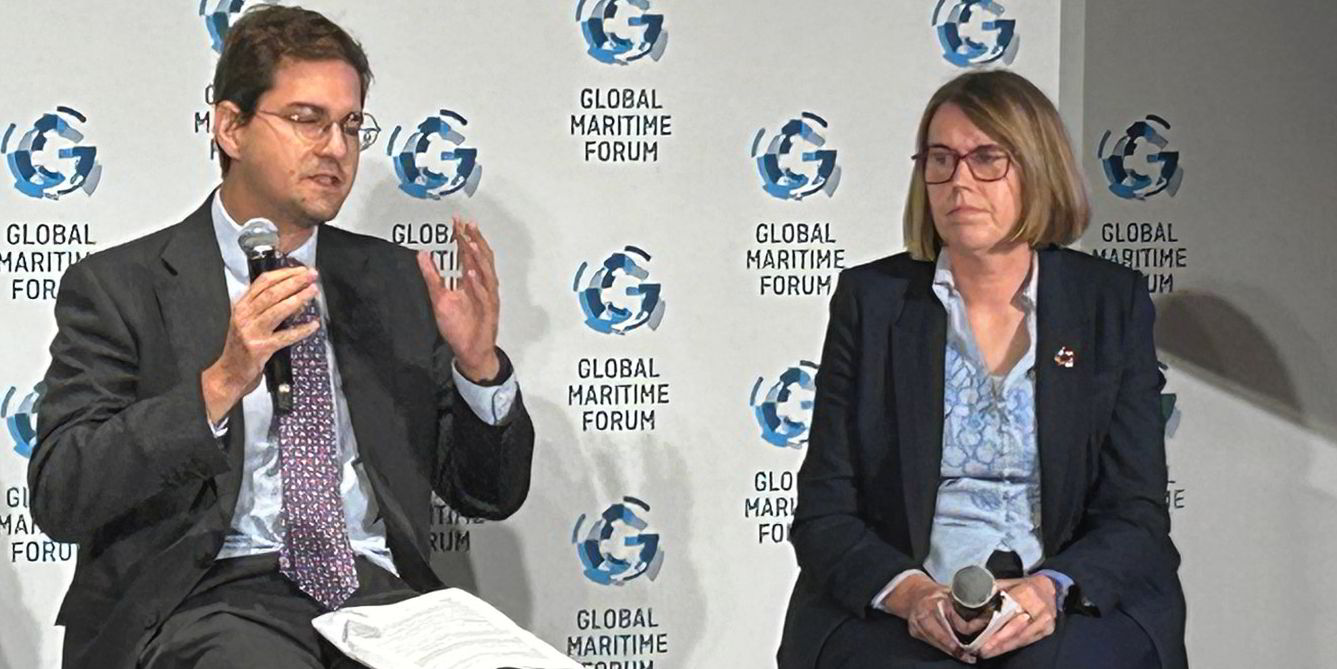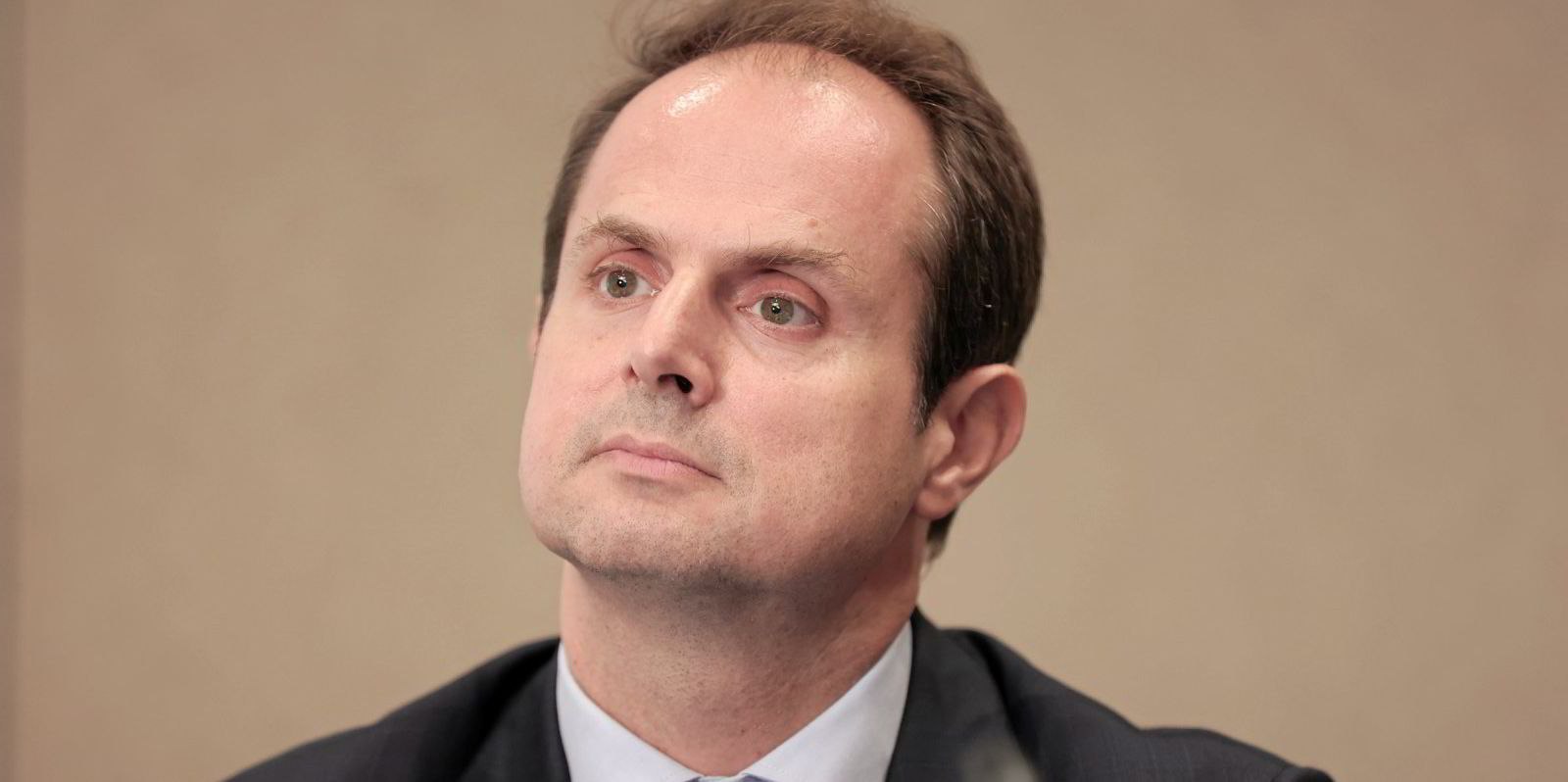Progress in meeting the International Maritime Organization’s interim 2030 decarbonisation targets has been patchy and can only be met with concerted industry efforts in the nick of time, zero-emission pressure groups argued in a joint report released on Wednesday.
The document — titled Climate Action in Shipping, Progress towards Shipping’s 2030 Breakthrough — said the most urgent need will be for shipowners to step up orders of vessels fuelled with zero, or near-zero, greenhouse gas emission fuels.
“In terms of demand for scalable zero or near-zero emission fuels,” the report said progress is not on track.
“Continuing the current trajectory of orders might only deliver one-fifth of the needed vessels to achieve the breakthrough target,” added the document, which was commissioned and authored by the Getting to Zero Coalition, Race to Zero and the UMAS consultancy.
Concern over the lack of alternative fuel supply now is no reason not to order vessels, backers of the report said.
Kathryn Palmer, global head of sustainability at Lloyd’s Register, said: “Although there is a growing appetite for zero-carbon freight, we also need to see that turn into concrete demand on the orderbook for zero-emission vessels.”
According to Palmer, such ordering will “send a strong signal” to zero-emission fuel suppliers and encourage them to “advance [fuel] supply projects to final investment decision”.
Several shipowners, most vocally from Greece, have doubted that sequence. They argue instead that regulators and governments should pressure fuel suppliers to come up with zero-fuels in sufficient quantities before owners can order vessels.
Even shipping executives publicly supporting the report on Wednesday expressed concerns over the availability of green fuels.
“The supply of green fuels is a big question mark,” Michael Malliaros, general manager at Euronav, said during the presentation of the report.
Encourage the fuel suppliers
In July, the IMO set a target for scalable zero-emission fuels to make up at least 5% of total bunkering consumption by 2030.
In that respect, a key finding of the report is that zero-emission fuel production currently in the pipeline could end up covering just a quarter of the IMO target.
“The window of opportunity will close soon, and rapid action is required from the industry,” it said.
However, its lead author argued that this could change quickly if shipowners help create demand for such fuels.
Domagoj Baresic, UMAS consultant and research fellow at the UCL Energy Institute, said: “This is a rapid transition, and a lot can change in a short period of time ... if you see orders increase in the next few months.”
If more projects are successful, his report said zero-emission fuel production could be up to twice as much as is needed, even when accounting for the fuel needs of other sectors.
The document’s launch coincides with the annual summit of the Global Maritime Forum, which is taking place in Athens under the motto What now: From Ambition to Action.
The paper is more optimistic about other parts of the decarbonisation puzzle slowly falling into place.
The IMO’s revised decarbonisation targets mean that developments at the international policymaking level are “partially on track”.
A similar bill of health was attested to the preparedness of the finance industry to fund decarbonisation.
“The alignment of shipping debt to Poseidon Principles trajectories and the extent of transparency on this debt have both improved,” the document said, adding that as much as $7.7bn is currently available to finance scalable zero-emission fuels.





